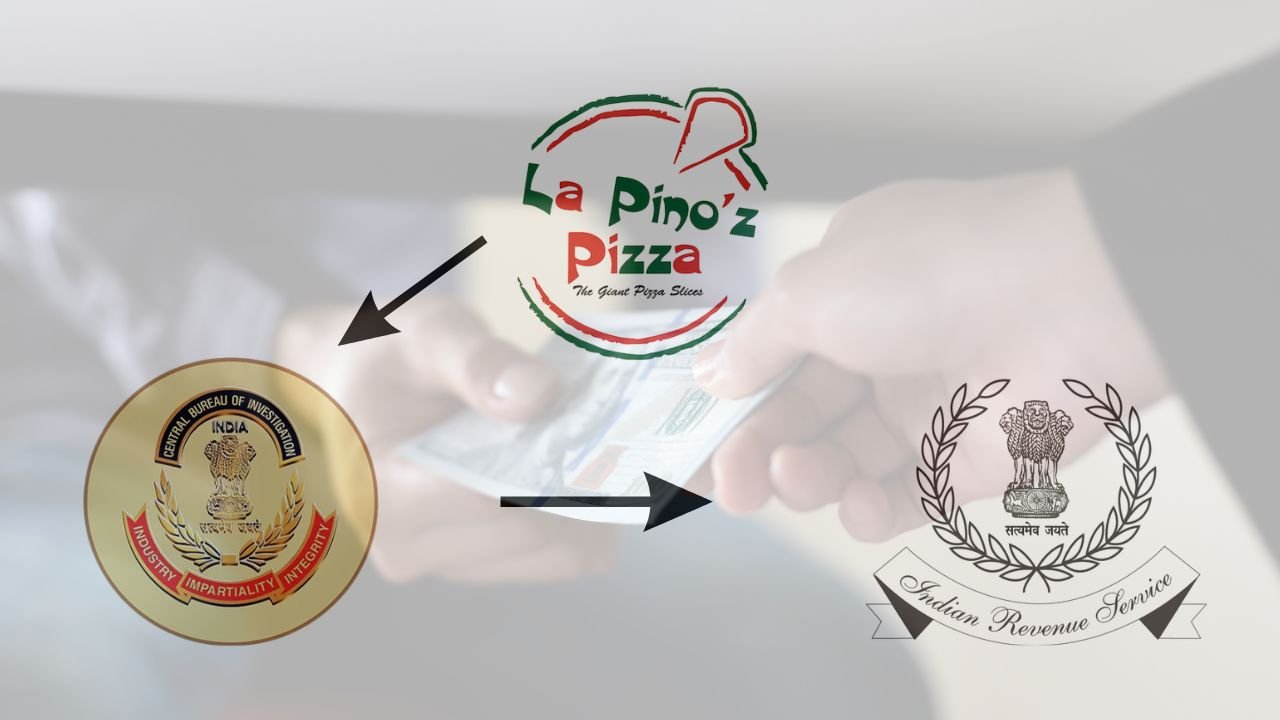On May 30, 2025, the Central Bureau of Investigation (CBI) arrested Dr. Amit Kumar Singal, a senior officer from the Indian Revenue Service (IRS), in connection with an alleged ₹45 lakh bribery case. The arrest followed a formal complaint lodged by Sanam Kapoor, the owner of the La Pino’z Pizza franchise.
Dr. Singal, a 2007 batch IRS officer, is currently serving as the Additional Director General in the Directorate of Taxpayer Services in New Delhi. According to the CBI, Dr. Singal allegedly demanded a bribe of ₹45 lakh through an associate in exchange for resolving a tax-related issue faced by Kapoor.
The complaint indicated that Kapoor was being harassed with tax notices after a business dispute with Harsh Kotak, another entrepreneur. Kapoor further alleged that his confidential tax and GST records were accessed and misused to coerce him into paying the bribe.
ALSO READ: FCRF Launches Campus Ambassador Program to Empower India’s Next-Gen Cyber Defenders
Investigation and Implications
In response to the complaint, the CBI conducted a trap operation on May 31, 2025. Dr. Singal’s associate was apprehended while accepting ₹25 lakh in cash at the officer’s residence in Mohali. Subsequently, Dr. Singal was arrested at his residence in Delhi.
During search operations, the CBI reportedly recovered ₹30 lakh in cash and 2.5 kg of gold jewellery. Both individuals have been taken into custody, and the investigation is ongoing, with legal proceedings in motion.
The case is being pursued under the Prevention of Corruption Act, 1988, specifically invoking Section 7 (public servant taking gratification other than legal remuneration) and Section 13 (criminal misconduct by a public servant). These provisions are aimed at combating corruption in public office.
This case holds significant implications for various stakeholders. For taxpayers, it raises concerns about data confidentiality and the potential for the abuse of power. For revenue authorities, it highlights the urgent need for stronger internal safeguards and transparency mechanisms. This matter may serve as a reference case for legal professionals addressing high-level corruption involving the misuse of official access.
This post has been authored by Mr. Anirudh Mittal, a law student at the National Forensic Sciences University, currently pursuing B.Sc. LL.B(Hons.).



